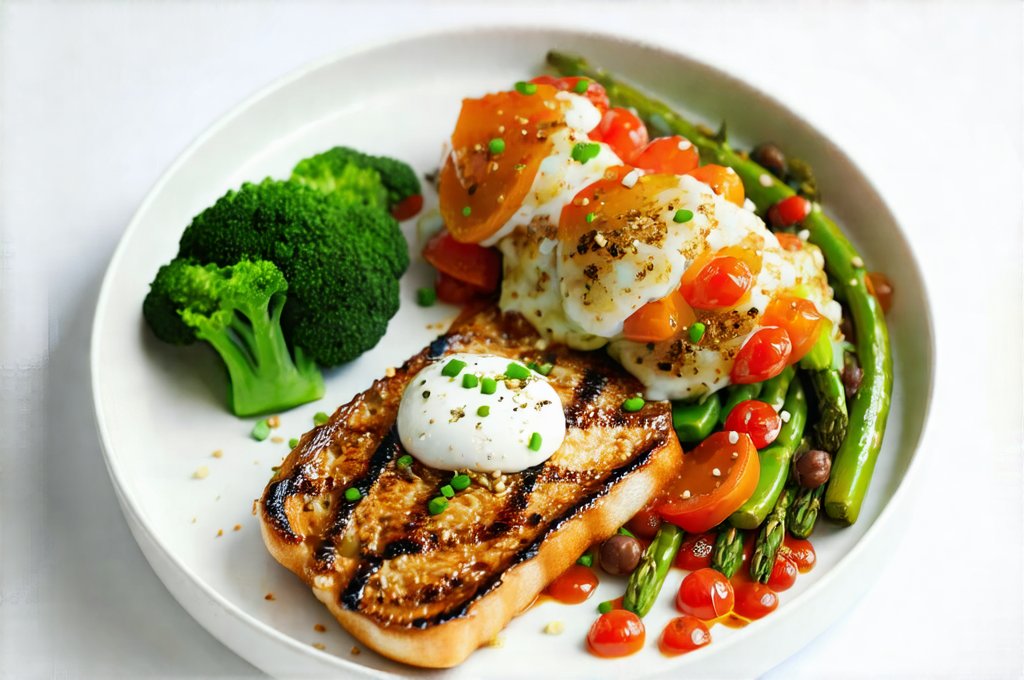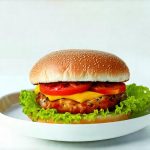Stress eating is a remarkably common experience, woven into the fabric of modern life. It’s rarely about actual hunger; instead, it’s often an emotional response—a way to temporarily soothe discomfort, numb feelings, or simply seek comfort when overwhelmed. The problem isn’t necessarily the act of eating itself, but rather the cycle it creates: stress leads to eating, which might offer fleeting relief, followed by guilt, shame, and increased stress – perpetuating a difficult pattern. Understanding this dynamic is the first step toward breaking free and cultivating a healthier relationship with food, especially during challenging times. This article focuses on creating “pressure-free meals” — an approach designed not to restrict or punish, but to offer nourishment and peace of mind when you’re most vulnerable after experiencing stress.
The goal isn’t about dieting or achieving a specific body image; it’s about regaining control over your food choices without adding more pressure to an already stressful situation. Many traditional approaches to healthy eating can feel restrictive, turning even simple meals into sources of anxiety. Pressure-free meals are intentionally different: they prioritize ease, self-compassion, and mindful nourishment, offering a gentle alternative to the rigid rules that often backfire when we’re emotionally vulnerable. We aim for food that supports wellbeing and reduces mental load, recognizing that emotional eating is rarely about the food itself. Considering are you eating the right amount can also help manage these feelings.
Reclaiming Mealtime: Shifting Your Mindset
The foundation of pressure-free meals lies in a fundamental shift in mindset. It’s about moving away from “should” and toward what genuinely feels supportive in the moment. This means relinquishing expectations, acknowledging your emotions, and prioritizing self-care over perfection. A key aspect is recognizing that all foods can fit within a healthy pattern – there are no “good” or “bad” choices, just different options for different needs. When stress triggers eating, it’s often a signal to address underlying emotional needs, rather than a call to restrict food.
This shift requires conscious effort and self-compassion. Instead of berating yourself for reaching for comfort food, acknowledge the stressor that triggered the behavior and offer yourself kindness. Ask yourself: “What am I really needing right now?” Is it comfort? Distraction? A sense of control? Addressing the underlying need directly can often diminish the urge to eat emotionally. This isn’t about suppressing emotions; it’s about acknowledging them and finding healthier ways to cope. Tips for eating mindfully are also helpful during these times.
Crucially, pressure-free eating acknowledges that you are human – setbacks happen. A momentary lapse into emotional eating doesn’t mean failure; it simply means you’re navigating a challenging moment. The focus remains on gentle self-correction and continued practice of mindful nourishment. The aim is not perfection but progress. Remember, the objective is to create meals that feel nurturing rather than punitive.
Building Your Pressure-Free Meal Toolkit: Ease & Accessibility
A significant contributor to stress eating is often the sheer exhaustion associated with meal preparation after a stressful event. When depleted and overwhelmed, the thought of cooking can feel insurmountable, leading to quick, often less nourishing choices. Pressure-free meals prioritize ease and accessibility; they are designed to minimize effort when you have the least energy. This doesn’t mean sacrificing nutrition—it means being strategic about ingredients and preparation methods.
Stocking your pantry with versatile staples is a powerful first step. Think: canned beans, whole grain pasta, frozen vegetables, quick-cooking grains like quinoa or rice, nuts and seeds, and healthy oils. These items require minimal prep and can be combined in countless ways. Pre-cut vegetables and pre-cooked proteins (like rotisserie chicken) can also be lifesavers when time is limited. The goal is to have options readily available that don’t demand extensive effort.
Meal planning isn’t about rigid adherence to a schedule, but rather about reducing decision fatigue in the moment. Simple templates like “grain + protein + vegetable” or “soup and salad” can provide structure without feeling restrictive. Consider batch cooking on days when you have more energy – preparing larger quantities of grains, roasted vegetables, or soups that can be easily portioned out during stressful periods. Ease is paramount. The easier it is to access nourishing food, the less likely you are to resort to impulsive choices driven by stress. It’s also important to consider eating too late and how this can affect your digestion.
Mindful Snacking: Beyond Restriction
Snacking often gets a bad rap, but it can be an integral part of pressure-free eating when approached mindfully. The key is to differentiate between hunger and emotional cravings. Before reaching for a snack, pause and ask yourself what you’re truly feeling. If it’s boredom, sadness, or anxiety, address the underlying emotion first before considering food.
If hunger is present, choose snacks that provide sustained energy and nourishment. Combine protein, healthy fats, and complex carbohydrates to prevent blood sugar spikes and crashes. Examples include:
– Apple slices with peanut butter
– Greek yogurt with berries and a sprinkle of granola
– A handful of almonds and a small piece of dark chocolate
– Whole grain crackers with avocado
Avoid restrictive snacking rules. Allow yourself to enjoy your chosen snack without guilt or judgment. Snacking isn’t a reward or punishment; it’s simply nourishment. Pay attention to portion sizes, but avoid obsessive counting – focus on satisfying your hunger and enjoying the experience. If you struggle with reflux, look into smart reflux hacks for managing symptoms even while snacking.
The Power of Hydration & Simple Comfort Foods
Dehydration can often masquerade as hunger, leading to unnecessary snacking. Ensure you’re drinking enough water throughout the day, especially during stressful times. Herbal teas (like chamomile or lavender) can also be incredibly soothing and provide a sense of calm. Keep a water bottle readily accessible as a visual reminder to stay hydrated.
“Comfort foods” aren’t inherently bad – they often evoke positive memories and associations. However, pressure-free eating encourages mindful enjoyment rather than mindless consumption. If you’re craving something specific, allow yourself to have it in moderation, savoring each bite and paying attention to your body’s signals of fullness.
Consider adapting comfort food recipes to make them more nourishing. For example:
1. Use whole wheat flour instead of white flour in baked goods.
2. Add vegetables to mac and cheese or mashed potatoes.
3. Opt for lean protein sources in casseroles.
The goal is not deprivation but mindful indulgence. A small portion of your favorite comfort food, enjoyed without guilt, can be far more satisfying than a large quantity consumed with shame. You may also want to explore the best grains for managing GERD if you experience discomfort after eating.
Cultivating Self-Compassion & Acceptance
Perhaps the most important element of pressure-free meals is self-compassion. Stress eating isn’t a character flaw; it’s a natural response to difficult emotions. Instead of judging yourself harshly, offer yourself kindness and understanding. Acknowledge your struggles and recognize that you are doing the best you can in challenging circumstances.
Practice mindful self-talk. Replace negative self-criticism with supportive affirmations. For example, instead of thinking “I’m so weak for giving in to cravings,” try “It’s okay to feel this way. I am taking steps toward a healthier relationship with food.”
Remember that healing takes time and patience. There will be setbacks along the way, but each misstep is an opportunity to learn and grow. Focus on progress, not perfection. Celebrate small victories and acknowledge your efforts towards creating a more peaceful and nourishing experience around food. Eating smaller meals can also be part of the process to support digestion.


















